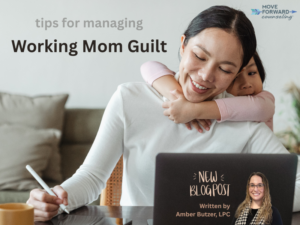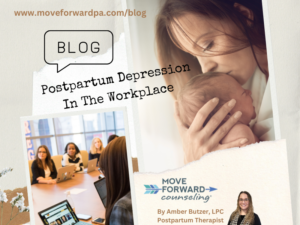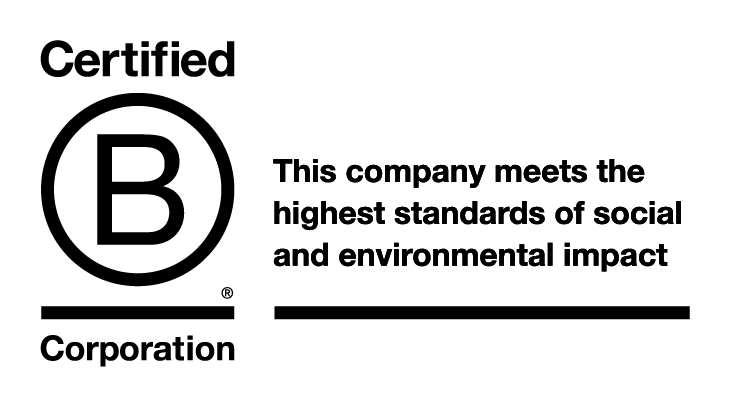Stress refers to your body’s response to a challenge or demand. There are good types of stress and bad. For example, excitement about an upcoming date or job may be a good kind of stress while feeling overwhelmed about your overflowing to-do list is a bad type of stress. Either way, stress that goes unchecked can cause harm to our health both mentally and physically.
In honor of April being Stress Awareness Month, Move Forward’s counselors and therapists have developed a list of ways to reduce stress in your life. If you are frequently stressed and struggle to find peace and calm in your life, Move Forward’s counselors and therapists can help. They work with clients from around the state of Pennsylvania through online counseling. Learn more about our services by visiting our website.
How to Stress Less
1.) Be Mindful of What You are Putting in Your Body
Food and drink are fuel for our bodies. Be mindful of what you are consuming to optimize your body’s response to stress. Healthy greens, fruits, vegetables, proteins, and whole grains, are all good for your body. Try to minimize things like alcohol, which may feel like a stress reducer at the time but actually leads to more inflammation of your body and increased symptoms of anxiety and depression. Caffeine can also mimic stress in your body causing you to feel worse long term.

2.) Get Moving
Exercise is so important to your mental and physical health and your stress response. Next time you feel overwhelmed, try stepping away and going for a walk or hitting the treadmill. Incorporating stretches and breathing exercises like yoga and meditation can also be a huge stress reliever.
3.) Put Away the Tobacco and Nicotine
These products make you feel stress relief at the moment but in the long term, they are reducing oxygen and blow flow to the brain.
4.) Practice Relaxation Techniques
It is always good to have some stress relief tools in your toolbox. Box breathing (counting in and out as you breathe), mindfulness (bringing your focus back to the moment), and even pressure points can be helpful when things start to feel like they are getting out of control.

5.) Identify and Reduce Your Triggers
Is there something or someone that frequently gets you going? Cut them off. You don’t have to be around toxic people or part of toxic relationships. If your job is causing you frequent stress it may be time to reexamine your career and consider a different path. Does watching the news cause you stress? Turn it off. Loud music? Shut it down. Cooking dinner? Consider one of those pre-made meal services. There are solutions for almost every stressful trigger. The first step is identifying those triggers and figuring out some potential solutions.
6.) Determine Your Values and Live by Them
When is the last time you truly thought about what you are passionate about? What drives you? What makes you happy? What is important to you in your life? Spend some time thinking about those things. Meet with a counselor or therapist who can help you dig deep inside and examine those values. Then live by them. Be true to who you are so you can find fulfillment and happiness. If you don’t feel comfortable doing something, then don’t do it.
7.) Say “No”
A big part of reducing stress is learning to be assertive. Stand up for what you want in life. If you are feeling rundown and like all you want to do is curl up on the couch and binge-watch Netflix, then turn down that invite for dinner out. If you want to skip the party or the family get-together, it is ok. If you don’t want to volunteer for PTA or team mom, then don’t. Saying “no” is self-care.
8.) Be Realistic About Expectations
Things are going to be stressful if you expect something to happen that doesn’t. Be realistic in what you can accomplish in a day and what you expect from others. Set your bar low and if you happen to do more than expected that’s a win!
9.) Be Your Cheerleader
Next time you feel like you have failed at something, remind yourself of what you do well. You may not be the best cook, but you are a great friend. Cut yourself some slack. No one is perfect. Everyone has moments of doubt and struggle.
10.) Prioritize Self-Care
Self-care needs to become a priority in your life. Learn to recognize what you need and desire and take time for those things. Go on the trip, get the hair cut, sleep in, skip the outing, do what you need to care for yourself.

The Harm of Stress
Symptoms of stress can appear in many ways that you may not even recognize. A reoccurring stomachache, headache, trouble sleeping, anxiety, inability to focus, irritability, muscle tension, skin conditions, and digestive issues can all be stress-related.
If you struggle with managing stress, don’t wait. Reach out to a licensed mental health professional who can help to provide coping tools and solutions to a more stress-free life. Counselors and therapists at Move Forward in Pennsylvania are available.
Ready to begin counseling in Pennsylvania?
Our professionally-trained and licensed counselors have openings. Just call our office at 717-462-7003×1 and speak to our administrative assistant. Get started to feeling better today. You can get the tailored help you need right now. We are here for you.




























